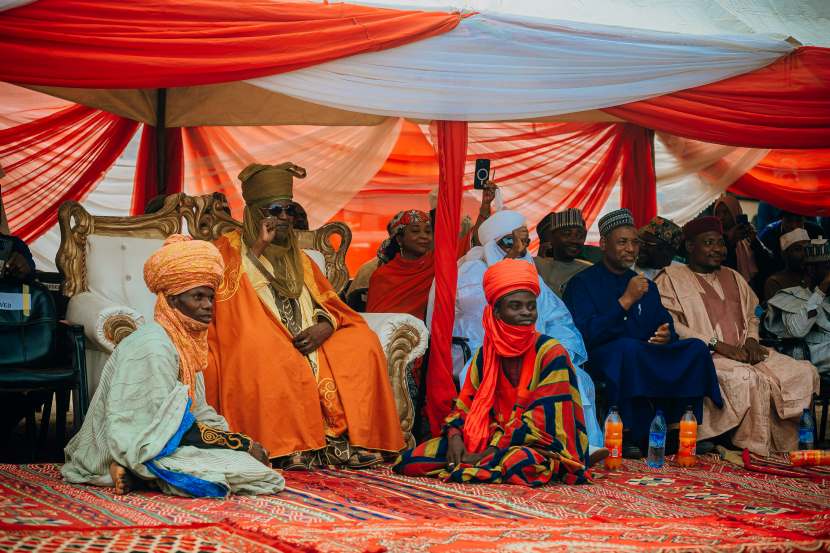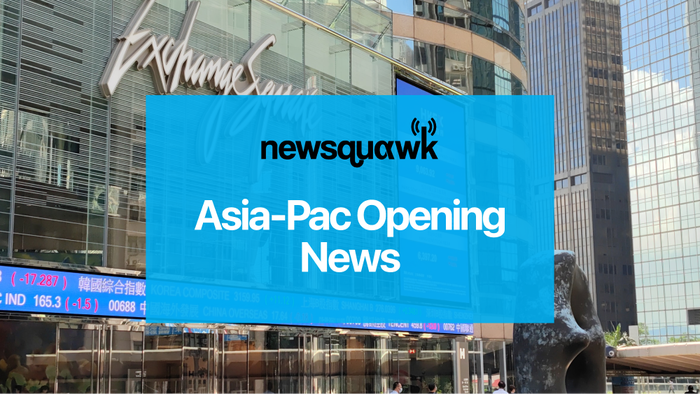Ghana Tourism Strategy Targets Diaspora And Business Travellers For Premium Growth In West Africa – Travel And Tour World

Ghana Tourism Strategy Targets Diaspora And Business Travellers For Premium Growth In West Africa
Published on
September 25, 2025
The Ghana tourism sector is entering a transformative phase, guided by insightful new data that highlights its most valuable customer groups. Groundbreaking findings from the Ghana Statistical Service (GSS) have confirmed that diaspora visitors and professional business travelers are the highest-spending segments driving the industry forward. This positions the nation for strong economic growth and enhanced competitiveness within the West African tourism landscape.
Covering October 2022 to September 2023, the International Traveller Survey revealed that Ghana hosted 901,448 international visitors, who collectively spent GH¢15.42 billion. Within this group, professional travelers emerged as the most lucrative, reflecting significantly higher spending levels. Meanwhile, American travelers stood out for exhibiting the strongest per capita spending, creating opportunities for Ghana to deepen its outreach to North American markets.
The Rise of Business Tourism
The influence of professional visitors has been profound. Detailed survey data showed that professional expenditure expanded from GH¢1.7 billion in the second quarter of 2023 to GH¢2.7 billion in the third quarter, a sharp quarterly rise of 59 percent. This surge underscores how business tourism has become a cornerstone of Ghana’s tourism economy. Corporate travelers are increasingly viewing Ghana as an ideal environment that combines professional infrastructure with cultural authenticity.
A key factor supporting this trend is Ghana’s reputation as a stable African democracy, coupled with growing infrastructure development. These strengths are making the country attractive for international conferences, business meetings, and company retreats. For Ghana, attracting this segment not only delivers direct tourism revenue but also enhances the nation’s reputation as a regional hub for commerce and investment.
Diaspora Tourism as a Strategic Pillar
Parallel to business travelers, the role of diaspora visitors remains central. Since the highly successful 2019 Year of Return campaign, which drew over 200,000 visitors and generated more than $1.9 billion, community-driven tourism has become a vital element of Ghana’s tourism identity. Diaspora visitors seek far more than leisure—they pursue connections with heritage, culture, and ancestry.
Survey findings emphasized that diaspora groups spend significantly more on cultural experiences, handcrafted goods, heritage tours, and activities that strengthen their link to African traditions. They also tend to stay longer and are more likely to return for multiple visits compared to leisure tourists from other markets. For Ghana, prioritizing diaspora tourism delivers higher margins and deepens its global cultural importance.
Spending Gaps Between Visitor Origins
The international traveler expenditure data also revealed clear differences between visitor segments. American tourists were recorded with average per capita expenses of GH¢34,626 in the fourth quarter of 2022, significantly higher than other groups. In contrast, West African visitors, though numerically dominant, reported lower per capita spending, measured at GH¢12,895 in the third quarter of 2023, a drop from GH¢15,520 earlier.
This contrast highlights why Ghana’s tourism strategy is working to balance mass market accessibility with efforts to attract premium-spending visitors. Sustained progress will depend on Ghana’s ability to simultaneously promote affordability for regional travelers while designing specialized experiences for higher-value audiences.
The Positive Growth Trajectory
Overall, Ghana’s tourism sector is showing strong resilience and recovery following the disruptions of the COVID-19 pandemic. Data from the Ghana Tourism Authority (GTA) confirmed that 1,288,804 international visitors arrived in recent periods, representing a 12 percent increase year-on-year. This growth builds directly upon initiatives such as the Year of Return, which set the foundation for increased global attention on Ghana as a cultural and heritage destination.
Initiatives led by the Ministry of Tourism, Arts and Culture (MoTAC) and GTA have continued to emphasize dynamic marketing campaigns aimed at diaspora and professional travelers. Both groups demonstrate a stronger willingness to pay premium rates, making them attractive target markets for the future.
Spending Patterns Across Tourism Activities
The survey also provided valuable insights into where tourists are spending their money. Accommodation and food services dominated, accounting for approximately 60 percent of total spending, with an average of GH¢1.2 billion per quarter. However, recreation and cultural activities recorded smaller shares of expenditure, revealing untapped potential for investment and product development within the tourism value chain.
Industry stakeholders are viewing this as an opportunity to diversify tourism products. Enhancements in cultural events, entertainment offerings, and heritage site experiences could significantly broaden spending patterns while increasing tourism’s value to local communities.
Building the Tourism Satellite Account
One of the most significant outcomes of this survey is that its findings will serve as the backbone for Ghana’s first Tourism Satellite Account (TSA). This framework will measure tourism’s direct contribution to Gross Domestic Product (GDP) and position it firmly alongside traditional economic drivers such as cocoa, gold, and oil.
This represents a pivotal moment, signaling the elevation of tourism as an equal and vital economic pillar within Ghana’s growth strategy.
Opportunities for Policy and Investment
The survey results highlight crucial policy implications for Ghana’s tourism leaders. Priorities include airport upgrades, improvements in accommodation standards, and the enhancement of digital payment systems. These infrastructure developments are essential to support the needs of high-spending professional visitors and diaspora tourists.
Simplified visa regimes for diaspora arrivals, alongside regulatory frameworks that encourage private investment in luxury and premium hospitality, could further enhance the appeal of Ghana as a destination for these markets.
Private sector investors are also encouraged to respond to the findings by creating premium services such as specialized cultural tours, heritage retreats, luxury accommodations, and dedicated business travel facilities. Addressing the current gaps in recreational and cultural spending could provide significant revenue expansion and establish Ghana more firmly on the global tourism market map.
Targeting Valuable International Markets
Given the strong per capita spending of American visitors, there is growing confidence that North America represents one of the most promising source markets for Ghana. Strategic marketing aimed at diaspora communities across the United States and Canada will be essential. These groups have demonstrated loyalty to Ghana as a heritage homeland and continue to spend well above average compared to other traveler categories.
This contrasts with the regional African travel market, where travelers remain highly price sensitive despite their proximity. As a result, the strategy going forward will need to incorporate differentiated marketing messages that align with the distinct characteristics of each group.
Sustaining Growth for the Future
As Ghana progresses further, industry experts say that a balance must be maintained between mass-market tourism growth and the cultivation of premium segments. By focusing on both accessibility and exclusivity, Ghana can capture greater economic value while ensuring sustainable benefits for communities and cultural preservation.
The International Traveller Survey provides a data-driven vision for Ghana’s future. It demonstrates how the nation can maximize value by prioritizing diaspora and professional visitors, building infrastructure aligned with their needs, and offering products that deeply reflect Ghana’s cultural authenticity.
A Competitive Advantage in West Africa
Despite infrastructure gaps and regional security challenges faced by nearby nations, Ghana has positioned itself as one of the strongest competitors in the West African tourism market. Its adherence to stability, heritage appeal, and forward-looking policies strengthens its claim to be West Africa’s premier tourism hub.
For policymakers, investors, and businesses, the task ahead is ambitious but clear: sustain the momentum of growth, deepen investments in premium markets, and ensure that Ghana’s tourism resources are protected.
By generating revenue, creating jobs, and building international recognition, Ghana’s tourism sector is demonstrating its ability to stand alongside cocoa, gold, and oil as one of the pillars of the nation’s economic future.



